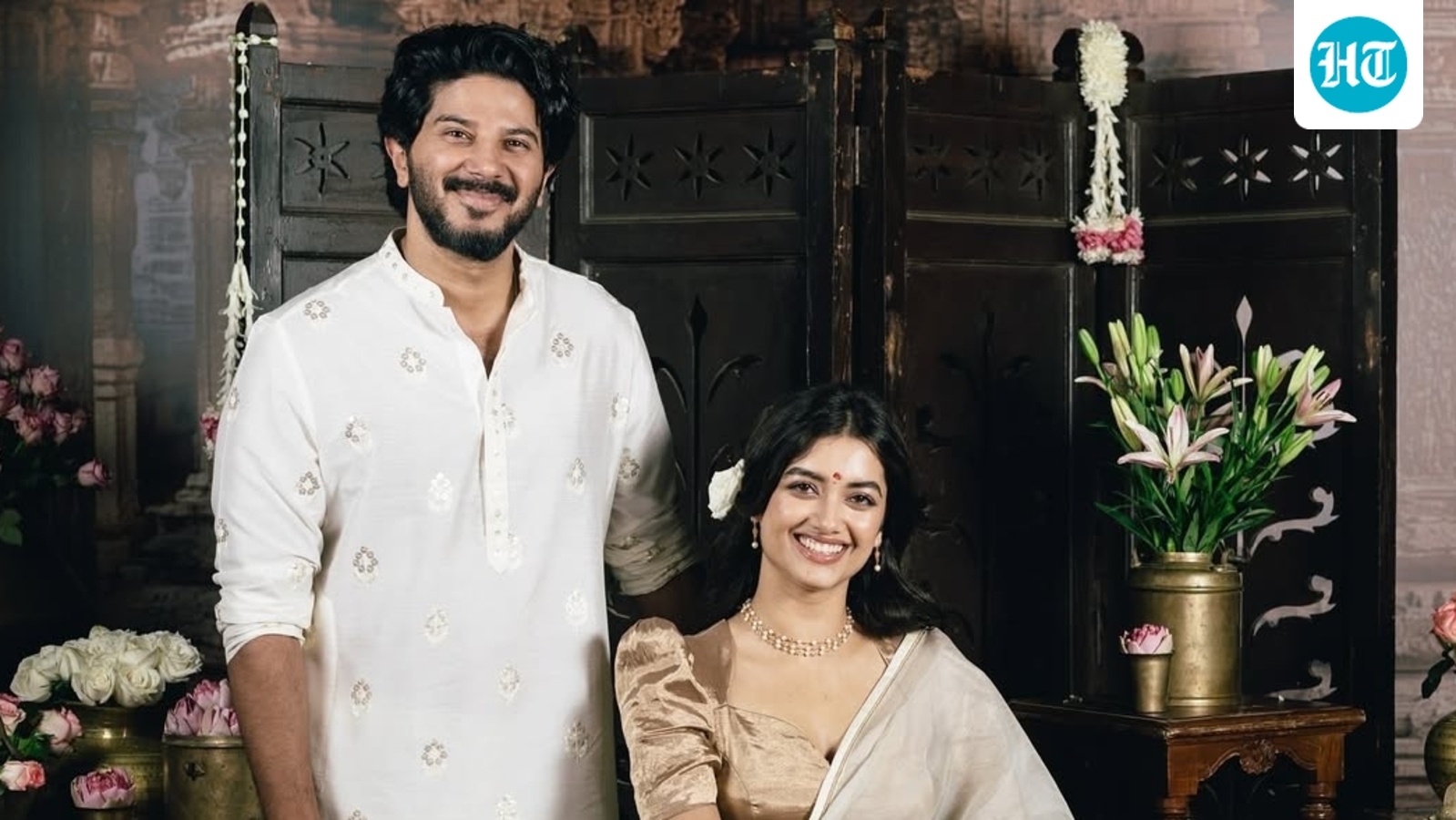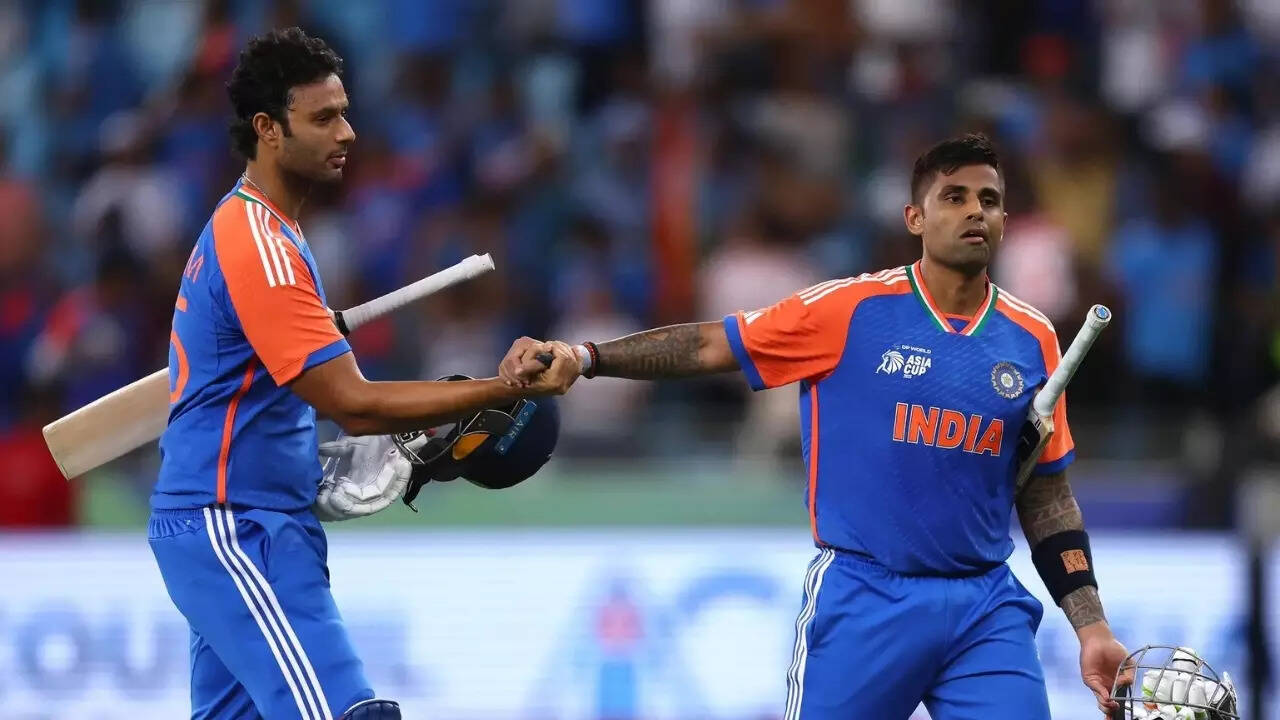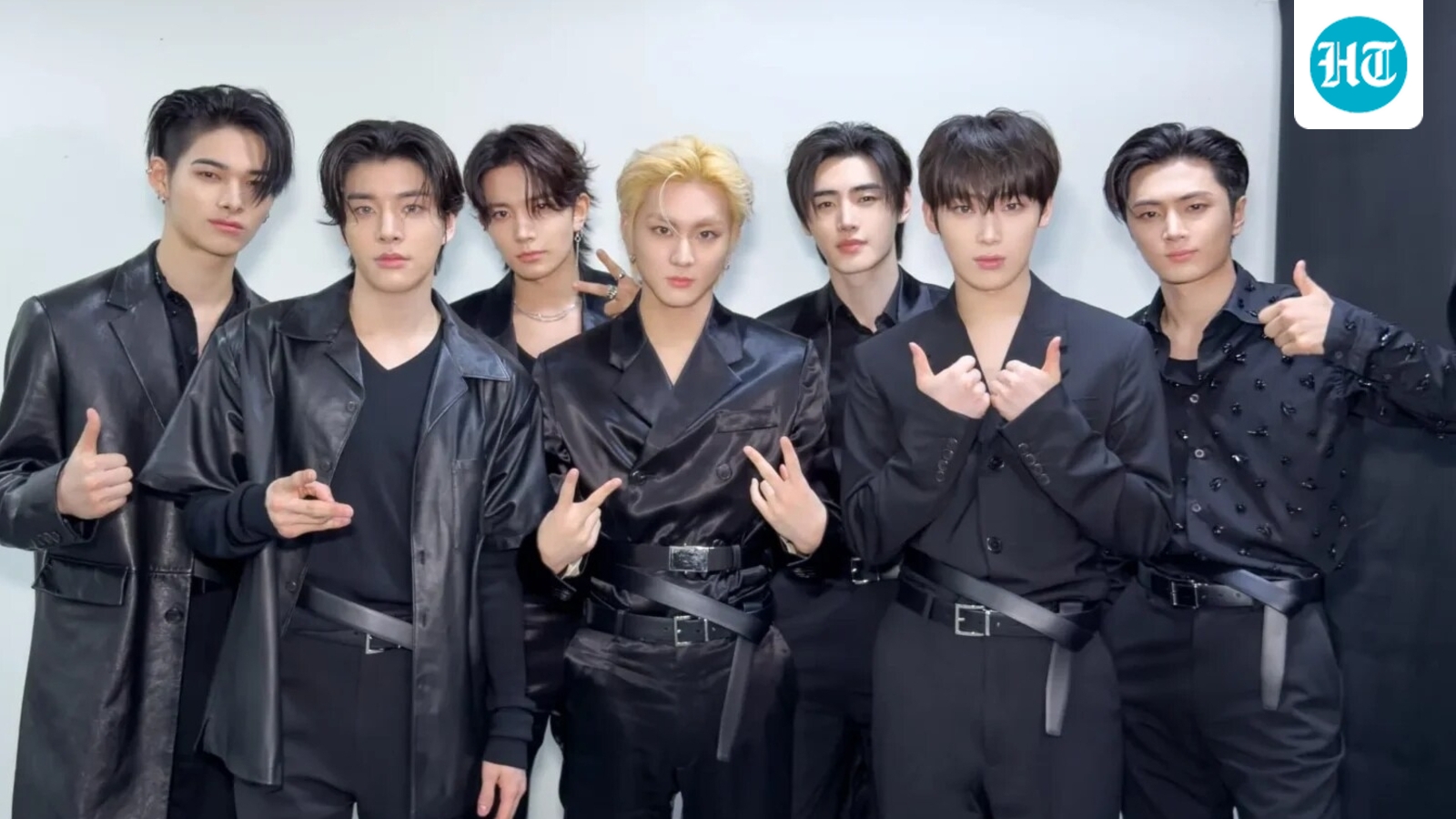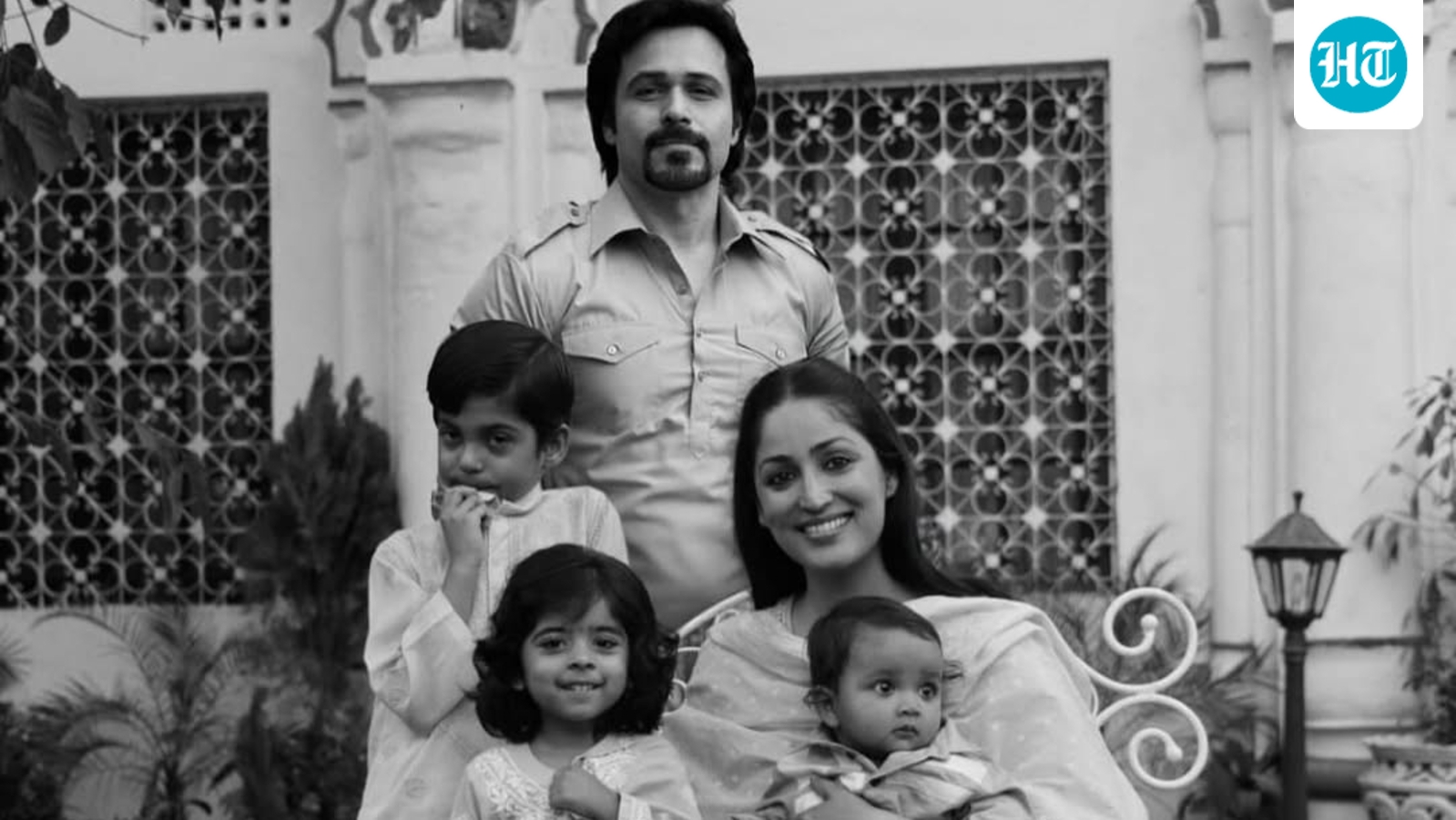Haq movie review
Director: Suparn S Varma
Cast: Yami Gautam, Emraan Hashmi, Vartika Singh, Danish Husain, Sheeba Chadha, Aseem Hattangady
Rating: 3.5 stars
The most affecting moment in Haq comes for me in a voiceover by Yami Gautam Dhar’s Shazia Bano, who wonders aloud, “Biwi ka asli matlab kya hai?” It’s a deceptively simple question that lingers, prompting us to rethink the everyday words we use so casually… words that, in our holy texts and legal system, might carry entirely different weights.

The subject chosen by director Suparn Varma has been mired in controversy ever since it was announced. Inspired by the landmark Shah Bano case, Haq takes on some thorny questions: secular law versus personal law, triple talaq, and the meaning of justice itself. Does it succeed?
What is the plot of Haq
The story, dramatised considerably, revolves around Shazia (Yami Gautam Dhar), a homely, uneducated woman who marries Abbas Khan (Emraan Hashmi), a successful advocate. Their early years are filled with joy, but as time and responsibilities pile up, the romance fades. One day, out of the blue, Abbas brings home a second wife. Shazia is devastated, advised by her mother-in-law to “adjust.” She leaves with her children, and though Abbas continues to send maintenance for a while, he suddenly stops. Not long after, he ends their marriage through triple talaq. Shazia’s legal fight for her rights forms the rest of the film.
Set in Uttar Pradesh, the first half begins on a strong note. One line alone defines Abbas’s character: when Shazia enters the kitchen for the first time, the house help remarks, “Ek cooker kharab hota hai, sahab doosra le aate hain.” He would rather buy a new one than fix what’s broken. It quietly foreshadows what will happen to Shazia herself. This subtlety is where Suparn excels. The film takes its time establishing the couple’s love, which makes Abbas’s later decision to remarry all the more jarring. The pacing stays steady until the interval, but the second half begins to wobble.
Movie Review

Haq
The film follows Shazia (Yami Gautam Dhar), whose marriage to lawyer Abbas (Emraan Hashmi) crumbles after he brings home a second wife and later divorces her through triple talaq. She walks out and takes him to court, fighting for her dignity and rights.
Cast
Yami Gautam, Emraan Hashmi, Vartika Singh, Danish Husain, Sheeba Chadha, Aseem Hattangady
Verdict
Yami Gautam Dhar’s nuanced, restrained performance holds the film together, even as the courtroom writing occasionally steers into melodrama.
As with most courtroom dramas today, the case inevitably ends up being fought by the protagonist. The familiar template returns: a problem arises, the hero/ heroine goes to court, the two sides clash, and it all culminates in an impassioned closing speech. That’s where Haq falters as a complete watch. The chronology is faithful to real events, but at times the film feels crammed, as if trying to pack too much into its limited runtime. Perhaps that was intentional, to make the viewer feel the same exhaustion that Shah Bano herself must have endured.
To its credit, Haq steers clear of demonising any religion or turning into a noisy Hindu-versus-Muslim drama. Shazia’s lawyer, a Hindu woman played by Sheeba Chadha, reinforces the film’s balanced stance.
Performance report card
What keeps you seated throughout are the performances. Yami Gautam Dhar delivers a well-measured portrayal of Shazia. She remains consistent from start to finish, yet knows exactly when to raise the intensity. Her stunned disbelief as she asks her husband, “Aapne doosri shaadi kar li?” is one of the film’s most affecting moments. Yami channels Shah Bano’s pain and helplessness with conviction. The courtroom scenes, however, occasionally tip into melodrama from a writing POV, perhaps to appeal to a wider audience.
Emraan Hashmi, as the calculating Abbas, sheds any prior screen image. He slips into the part with ease, capturing a man who is calm on the surface but coldly pragmatic within. Together, Yami and Emraan share a believable chemistry that makes their relationship’s unraveling hit harder.
Vartika Singh plays Saira, Abbas’s second wife, with understated grace, while Danish Husain lends solid support as Shazia’s father.
In the end, Haq works more as a conversation starter than a flawless film. Its heart is in the right place, and the powerful performances carry it through even when the storytelling wavers. Suparn’s intent to revive a landmark debate on women’s rights deserves applause.












